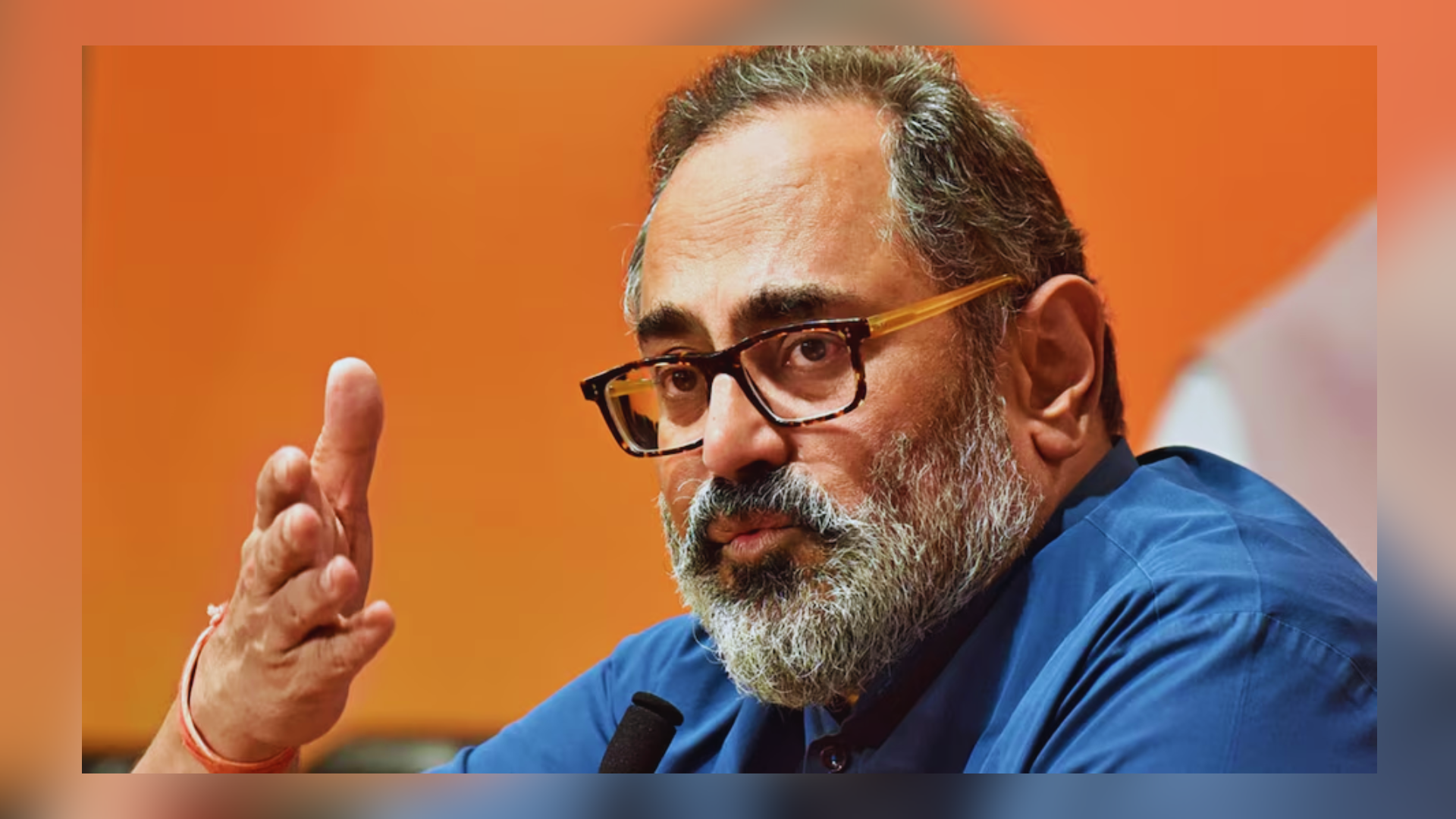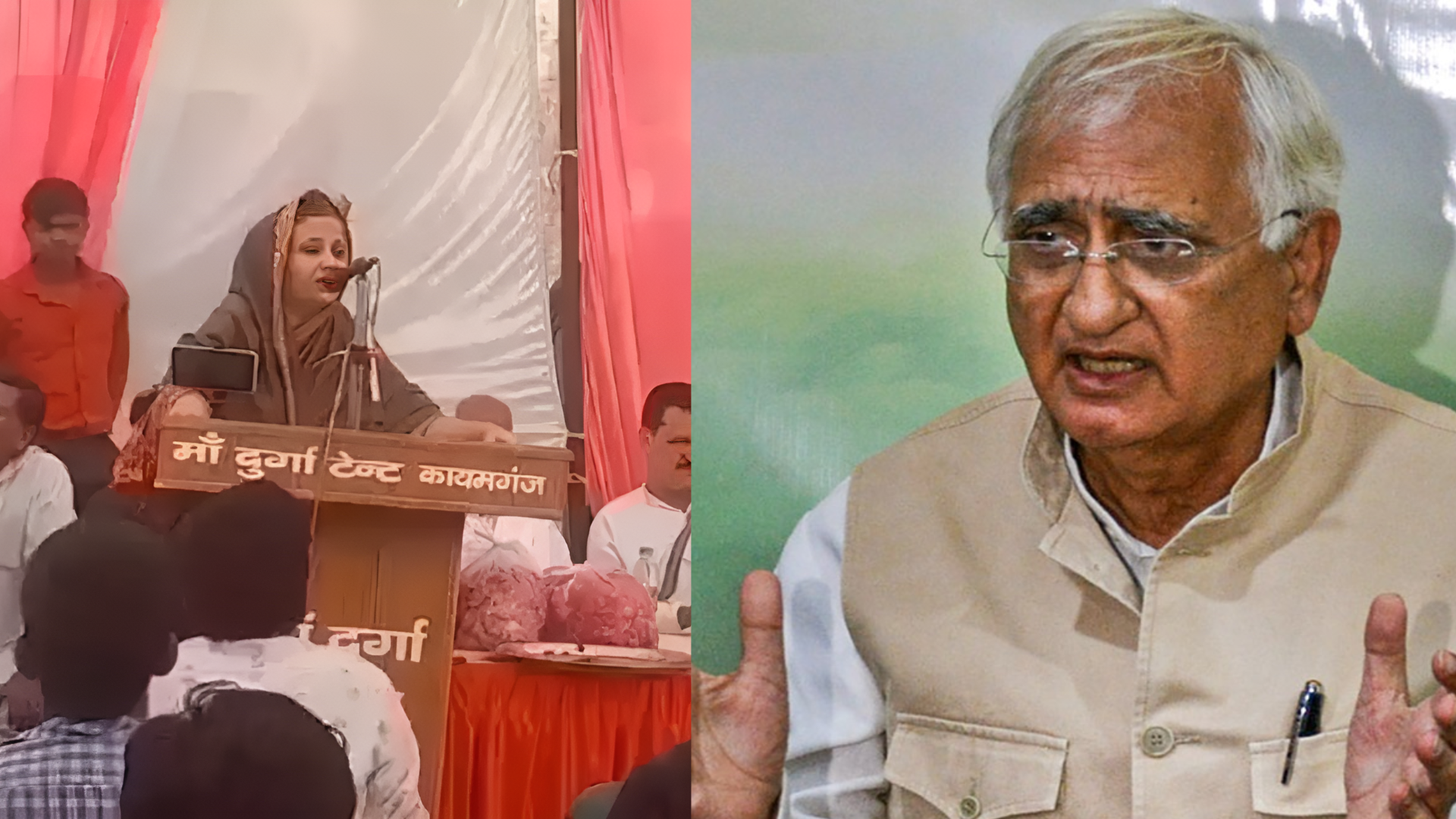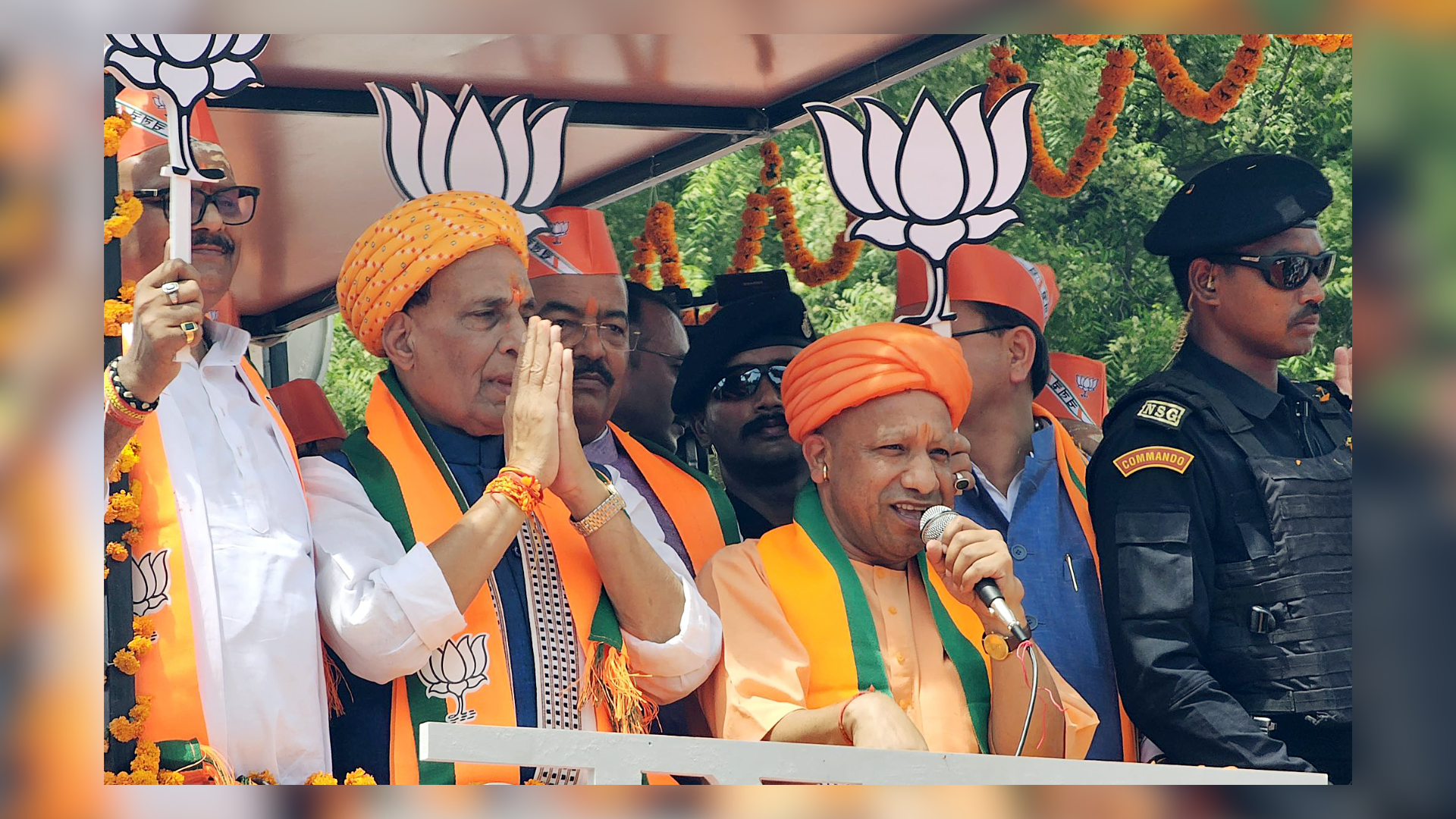


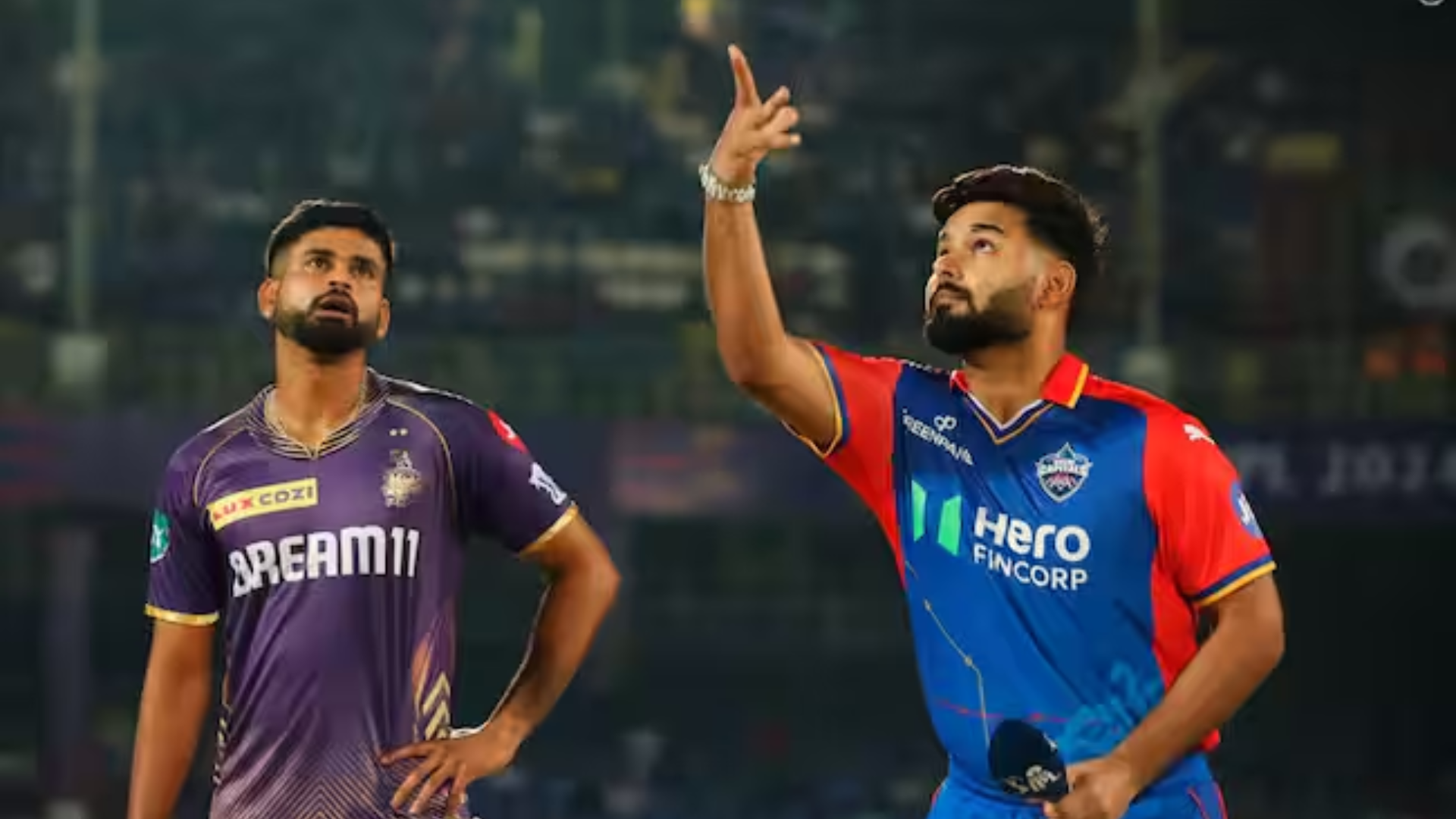
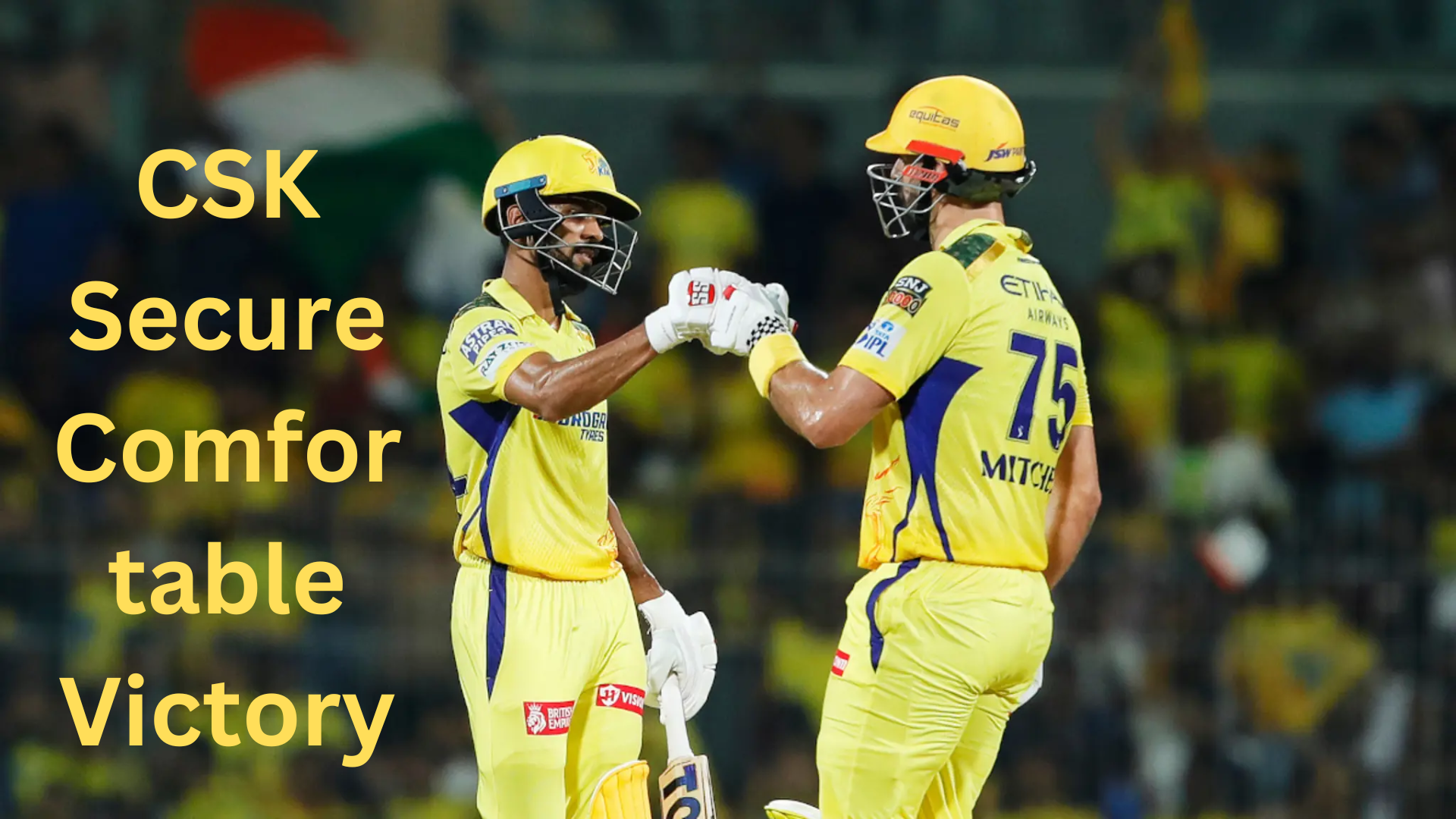
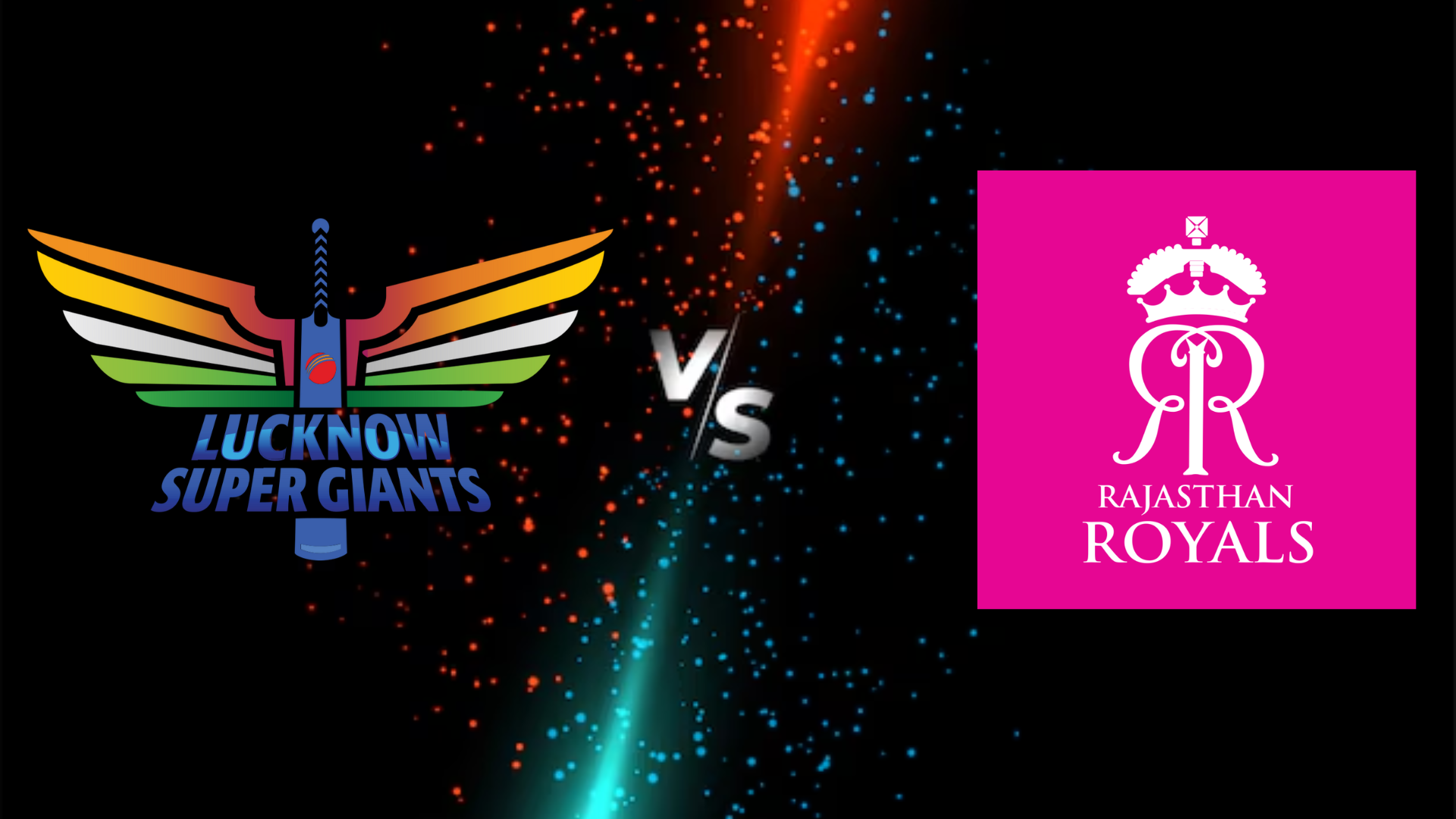
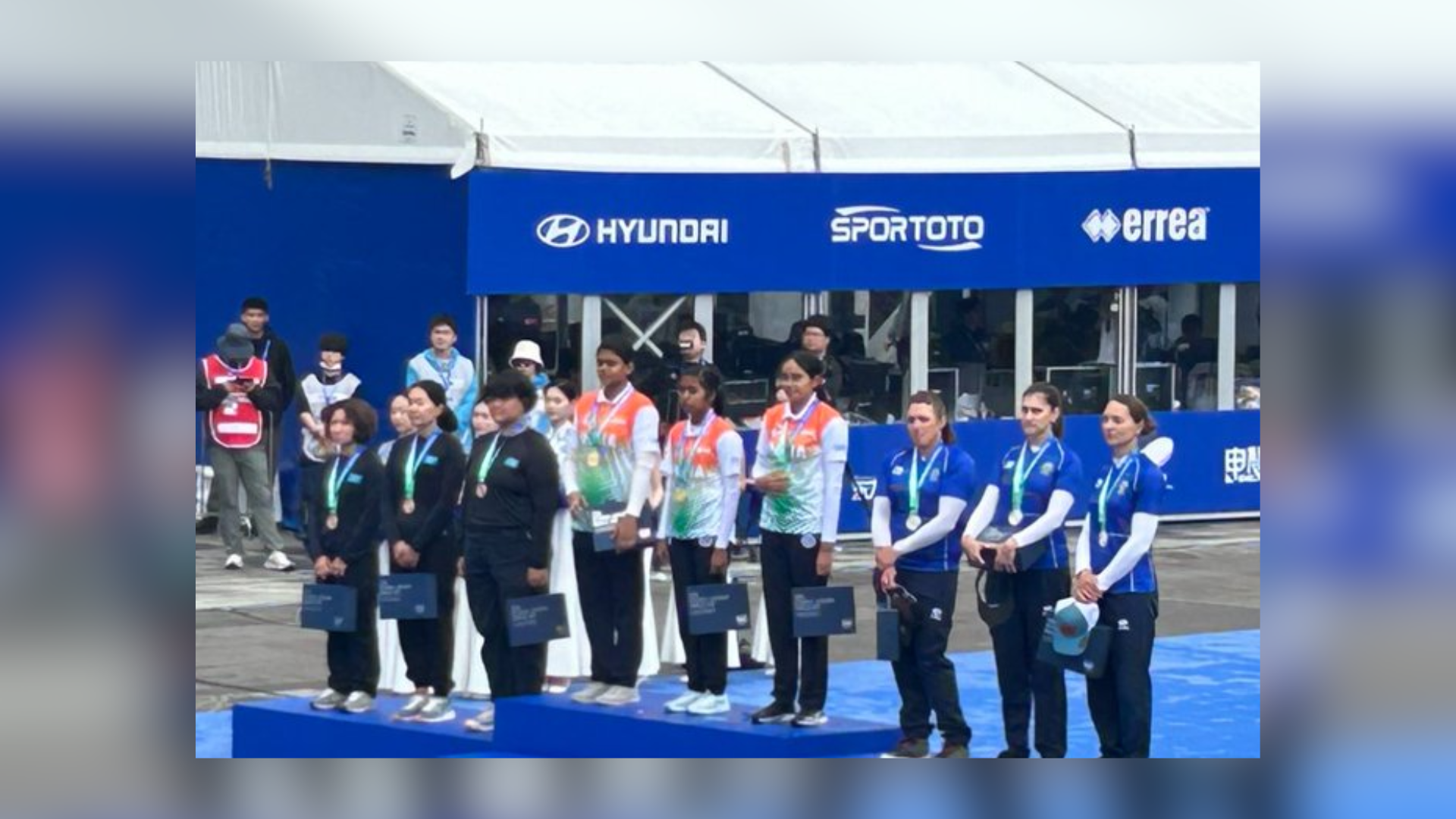
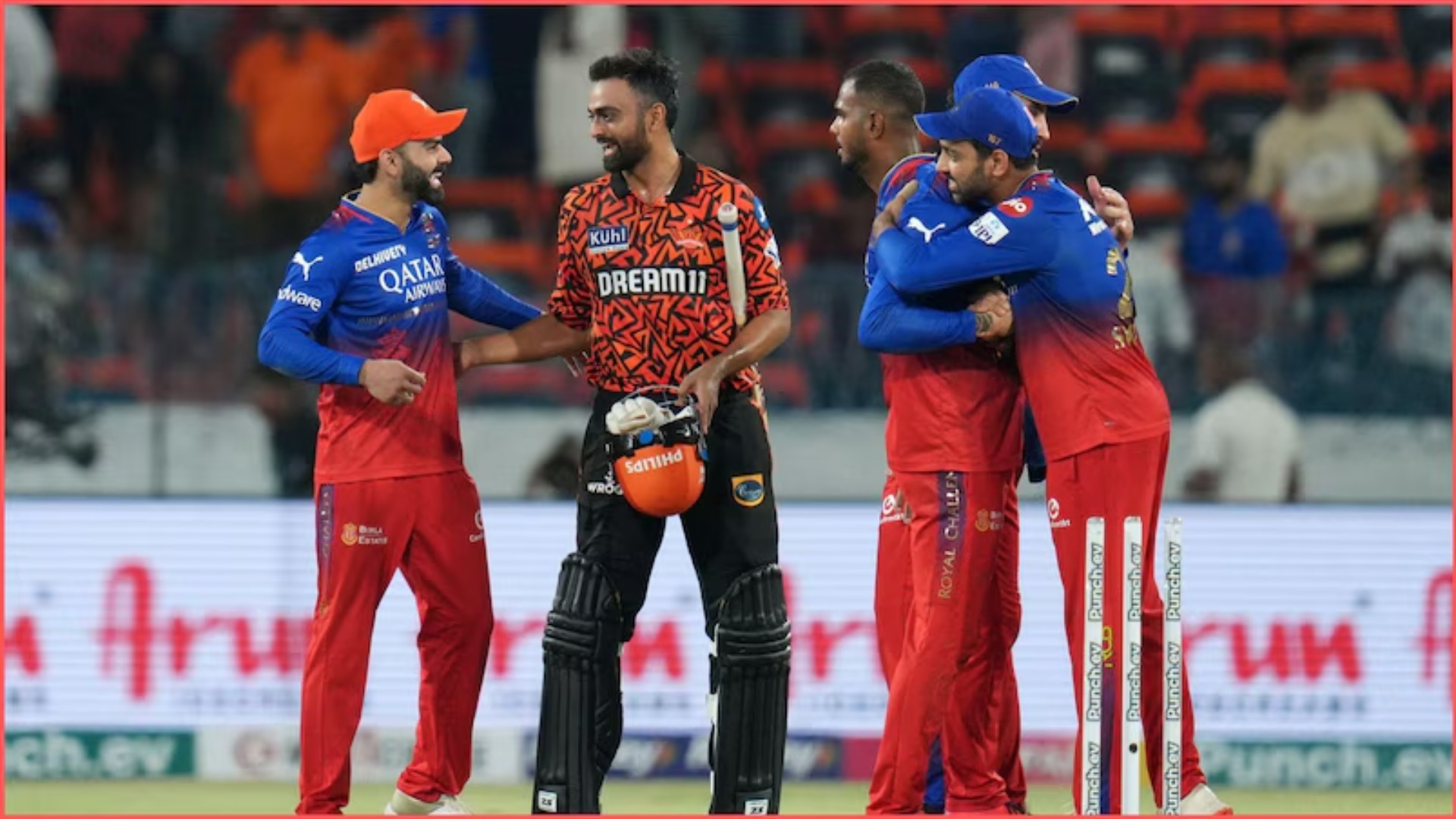
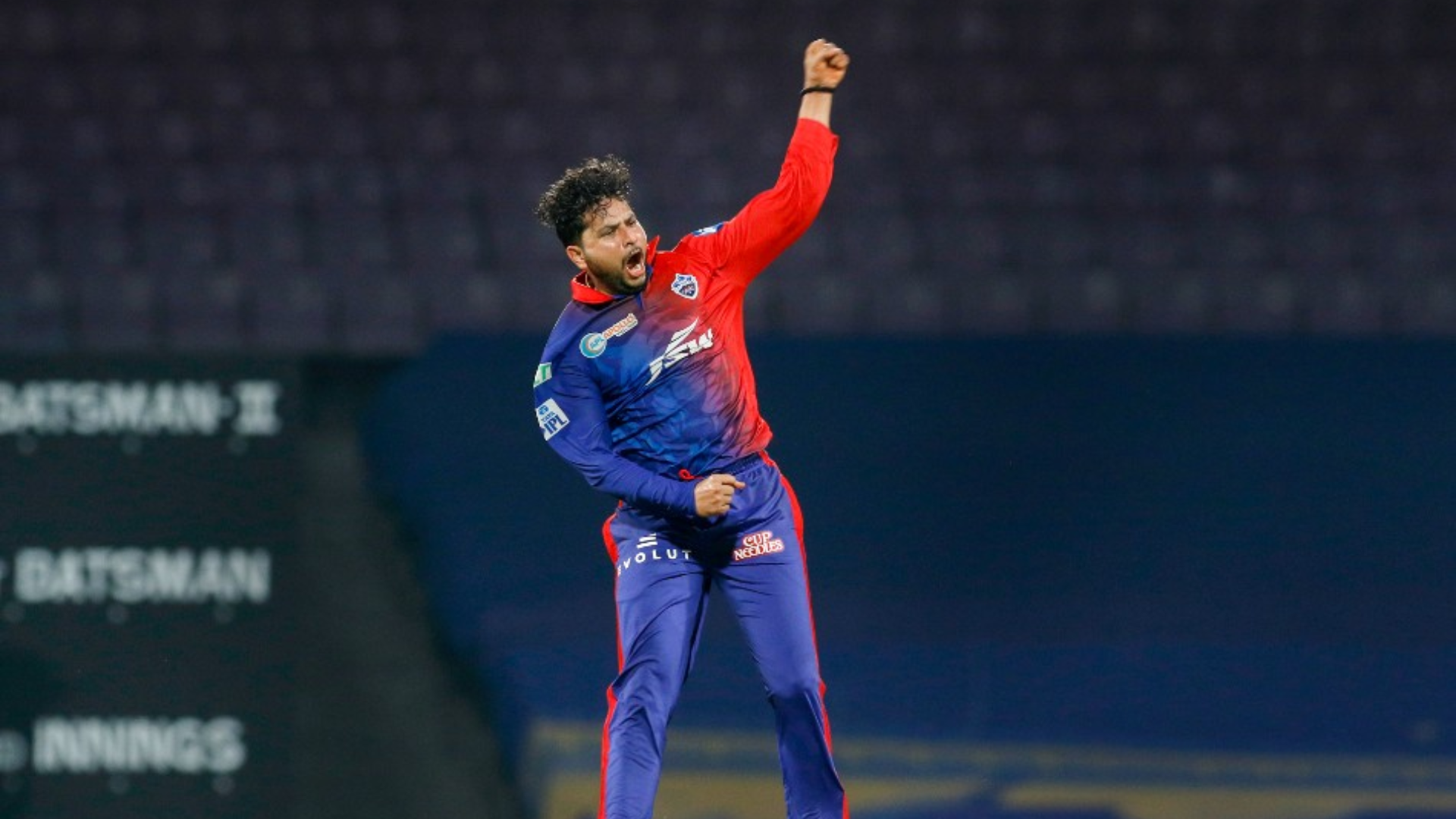
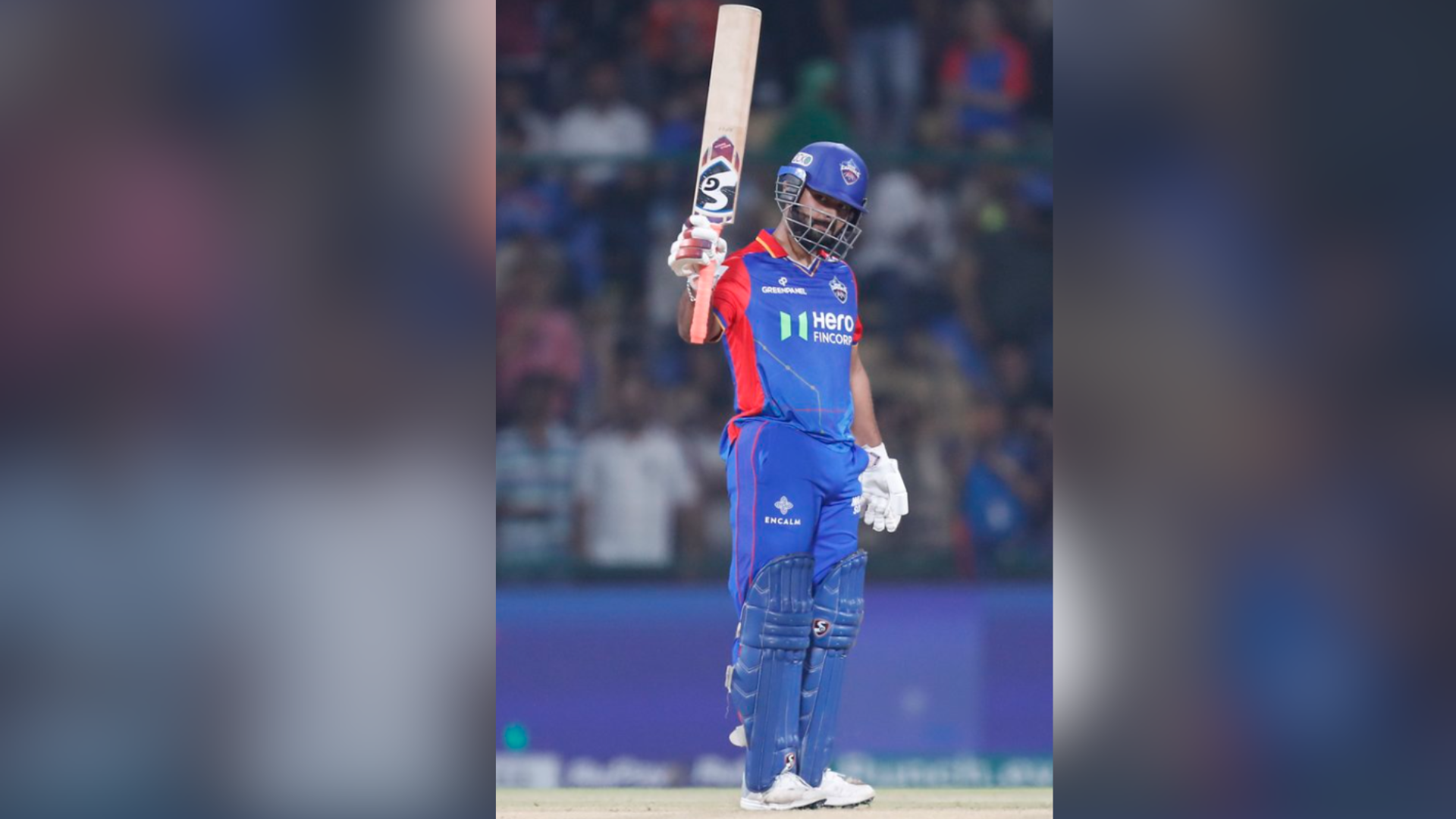

Cricket Australia (CA) will advocate for the series in the World Test Championship (WTC) to be a minimum of three matches long, amid growing concern over the format’s soundness, as ESPNcricinfo reported.
According to current WTC rules, a series must consist of at least two matches. The current South Africa-India series have only two Test matches, while the West Indies will soon play Australia in two games, despite the fact that the ongoing fight with Pakistan has featured three matches. The most recent series of at least three Tests that did not involve Australia, India, or England was Pakistan’s tour of South Africa in 2018-19.
CA chief executive Nick Hockley acknowledged that South Africa’s decision to send a severely weakened team to New Zealand was a “wake-up call” and that Test cricket was a “two-speed economy,” but he remained optimistic that there was a way to keep the game vibrant outside big three countries Australia, England, and India.
“The preference is a minimum three-Test series. So we’ll keep advocating and championing that. I do think there is work to be done on the FTP (Future Tours Programme) going forward, and it’s really [about] cementing the World Test Championship, [and] really advocating for three-Test series as an absolute minimum,” Hockley told SEN as quoted by ESPNcricinfo.
“And then as best as we possibly can, making sure that [when it comes to] domestic T20 competitions, we minimise the overlap for those countries where it is an important source of revenue, so that every country is prioritising international – and particularly Test – cricket,” he added.
South Africa’s choice to send a second-string Test team to New Zealand has heightened the controversy. Cricket South Africa has stated that they are committed to Test cricket and are striving to avoid future confrontations.
“That’s been a wake-up call for everyone. The role of T20 [in] bringing new kids and new people into the game can’t be underestimated. The belief is that the two can coexist. This was suboptimal scheduling,” Hockley said.
“I think we in Australia – it’s very clear that throughout the whole period the Big Bash has been around – have always prioritised international cricket. But this has shone a light. And certainly, we’ll be working with the ICC through scheduling groups to make sure those types of clashes don’t manifest and really champion the fact that people need to be prioritising international cricket,” he added.
Hockley was optimistic that nations other than Australia, England, and India were dedicated to the continuation of Test cricket, although he noted that the format’s financial viability presented issues.
“The challenge is the economics. There are parts of the world where the revenue from the T20, ODI and a Test are the same, yet the costs of putting on a Test are significantly higher,” he said.
“What we’ve seen over the last few years in Australia, what we’re seeing this summer, and what we saw in the UK over the English summer is that Test cricket is really thriving in certain countries. And in that sense, it is a bit of a two-speed economy. The challenge is that we continue to support those countries that are struggling a little bit more in terms of Test cricket,” Hockley added.






